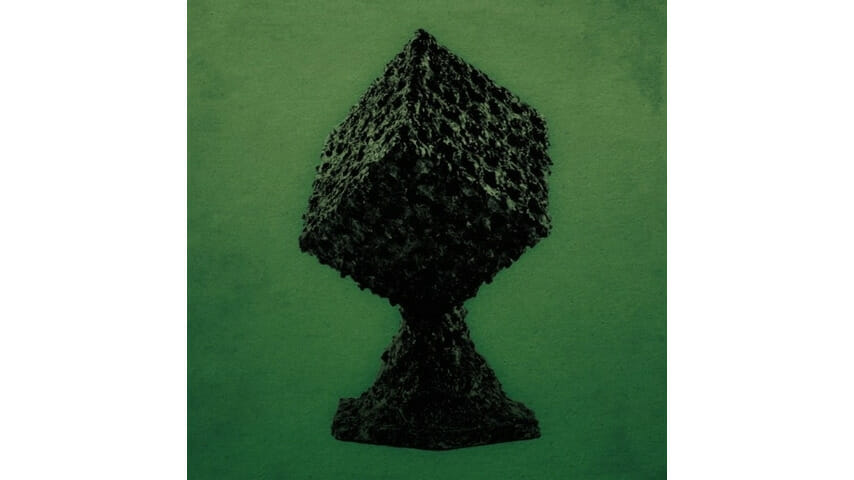Merchandise: After the End

What comes after the end? That’s the implicit question posed the title to Merchandise’s new album. Their third full-length, it is likely to be the first release of theirs to be widely heard (thanks to new label 4AD) and stands as their first collection to make the ever-present rumbling of hype about them from the East Coast media actually seem warranted. After the End is an “I told you so” record, one that might make some naysayers eat crow, but bands turning out to be far better than expected is just the kind of crow that tastes delicious to music critics.
-

-

-

-

-

-

-

-

-

-

-

-

-

-

-

-

-

-

-

-

-

-

-

-

-

-

-

-

-

-

-

-

-

-

-

-

-

-

-

-








































